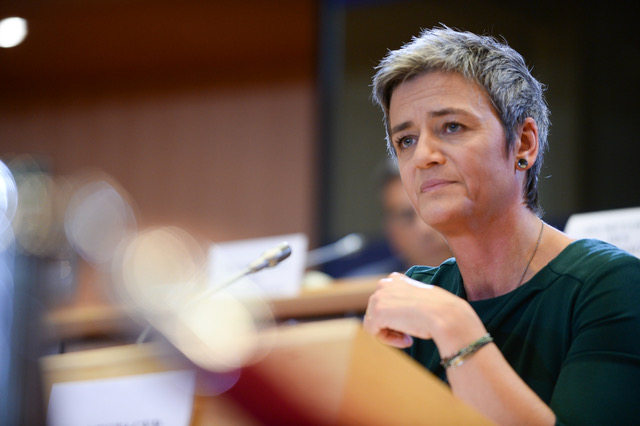Investigations
EU-system alerts consumers – after they have eaten
|
Oranges from Spain is some of the fruits in EU, where there is a really high risk they are contaminated with chlorpyrifos. These oranges are harvested in the Spanish province, Valencia. Photo: APIADS – Agrupación de defensa sanitaria apícola
Documents released to us indicate that the EU-wide reporting system called RASFF (Rapid Alert System for Food and Feed) gives European consumers a weak protection, if any. In April 2018 Austria notified 19 other countries of imported basmati rice from Pakistan that contained chlorpyrifos in a level deemed to pose a serious risk to human health. The rice was withdrawn from the market by importers in Austria, Germany and the Netherlands.





